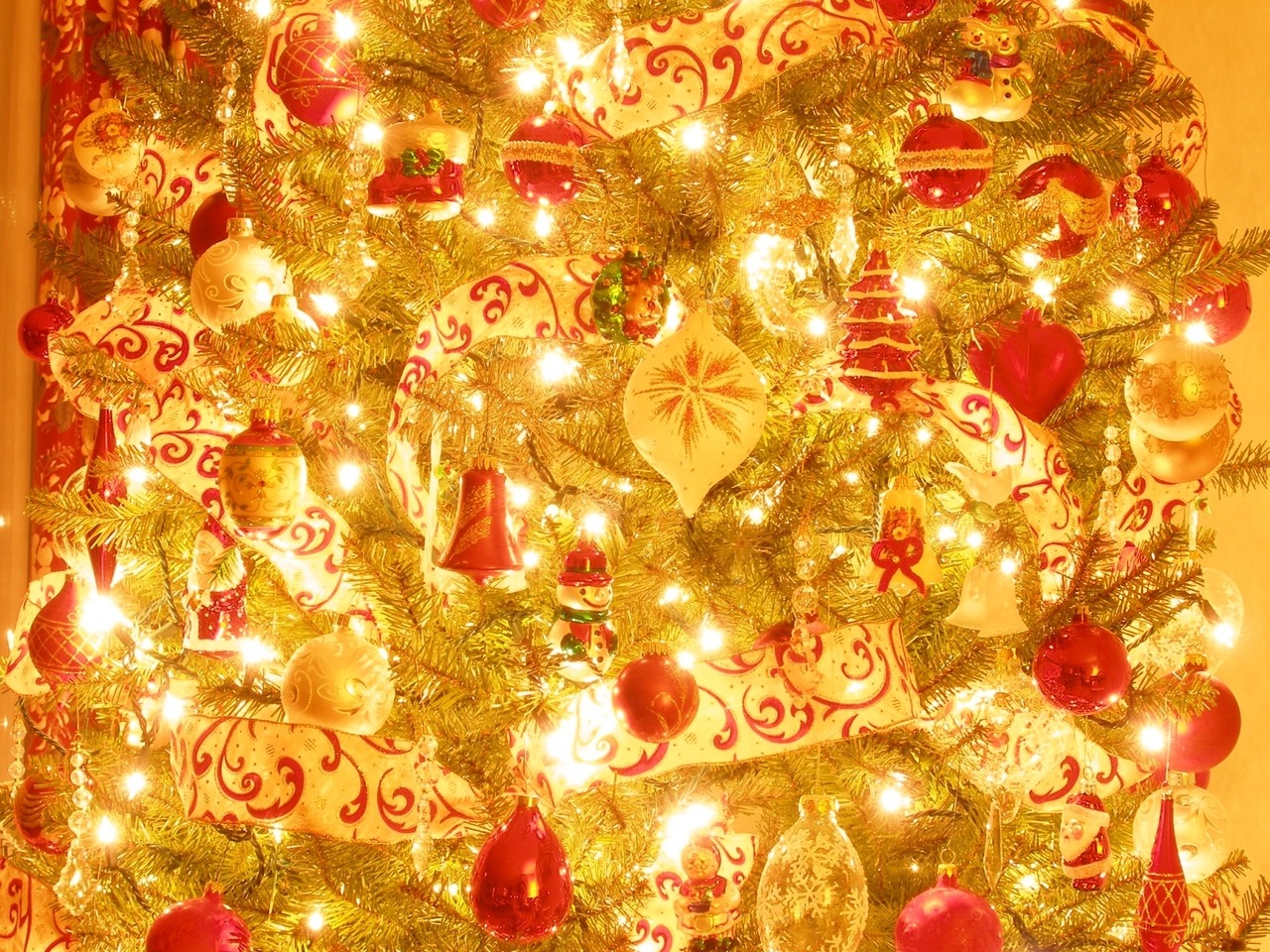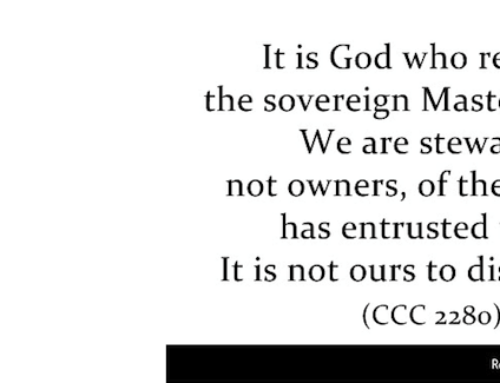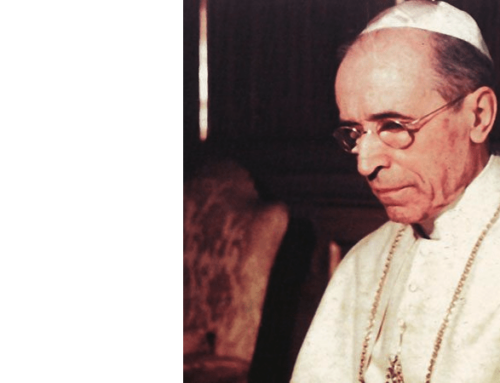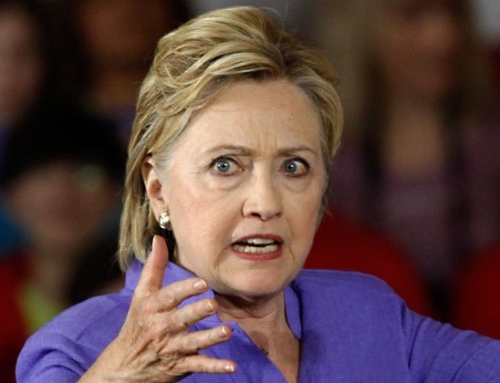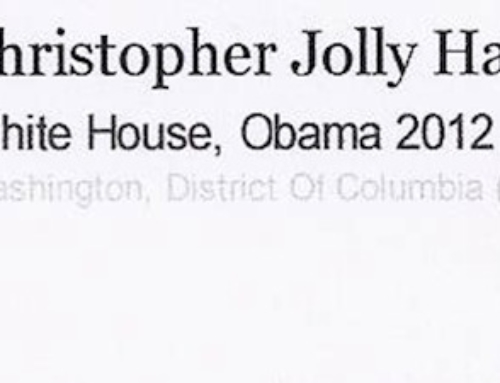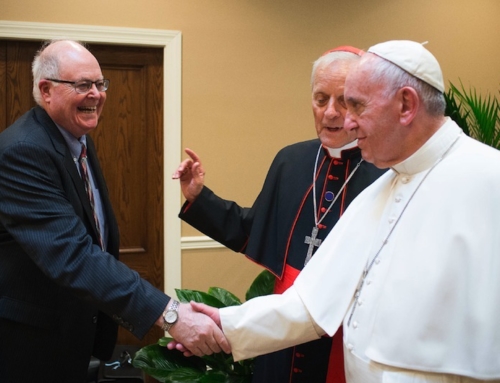This article by Bill Donohue was originally published by Newsmax on December 10, 2015.
Religious expression in the schools is a perennial issue, but at no time in the school calendar is it more controversial than at Christmas. This year is no exception.
Just recently, the University of Tennessee sought to ban Christmas celebrations, but thanks to a public outcry, which included input from the Catholic League, the draconian guidelines issued by the Office of Diversity and Inclusion were rescinded.
Now the Catholic League is drawing attention to the banning of religious songs at a concert on the campus of Virginia’s James Madison University. A university spokesman says, “JMU is a public university, so because it was a school-sponsored event, the song choice [“Mary Did You Know”] needed to be secular.” He is wrong.
As the Catholic League demonstrated, many public colleges and universities in Virginia have already held concerts this year featuring sacred music. And guess what? There have been no lawsuits and no arrests.
This problem is also commonplace at the elementary and secondary levels. The fact is that public schools, at all levels, are neither required nor prohibited from holding Christmas celebrations, including concerts that feature religious lyrics. But due to the lack of a clear affirmative ruling on this subject, many school officials, worried about a lawsuit, play it safe and opt for a censorial approach.
The lack of clear guidance from the federal courts is what allowed a New Jersey school district to lose in a circuit court ruling in 2009: the Supreme Court refused to hear the case that banned “Silent Night” from being sung at a school concert. However, the same ambiguity allowed a Wisconsin high school in 2013 to reverse its decision banning religious songs: the concert featuring sacred music was held without a problem.
In 1992, President Bill Clinton summoned his secretary of education to work with his attorney general on this issue. He asked them to devise a set of guidelines for school superintendents across the nation on the subject of religious expression in the schools. They did a splendid job.
In 1995, those guidelines were published, and among them was a statement of neutrality. While teachers could not encourage religious activity, they “are also prohibited from discouraging activity because of its religious content, and from soliciting or encouraging anti-religious activity.” Regrettably, those guidelines have too often been ignored.
The closest the Supreme Court has come to settling this matter was in 1980. In Florey v. Sioux Falls, it took a mostly favorable stance on the issue of religious beliefs and practices in the schools. As to be expected, it prohibited the promotion and disparagement of religion by school officials, but it also called for tolerance of religious expression.
As a direct result of this decision, the Sioux Falls School District issued its own guidelines. They included the following: “Music, art, literature and drama having religious themes or basis are permitted as part of the curriculum for school-sponsored activities and programs if presented in a prudent and objective manner and as a traditional part of the cultural and religious heritage of the particular holiday.” In other words, summarily banning “Silent Night” in the schools finds no support in this Supreme Court ruling.
In this decision, the majority opinion leaned on the 1948 ruling in McCollum v. Board of Education. In that decision, Supreme Court Justice Robert Jackson wrote that “Music without sacred music, architecture minus the cathedral, or painting without the scriptural themes would be eccentric and incomplete, even from a secular point of view.”
Such a commonsensical approach to this subject is sorely missing these days. Perhaps that’s because we have too many lawyers on the bench: Justice Jackson was the last Supreme Court justice appointed who did not graduate from law school.
So what should the schools do? They should allow Christmas celebrations, including religious songs at a Christmas concert. It is not only constitutionally acceptable, it makes good common sense: America was founded by Christians, and its heritage is based on the Judeo-Christian ethos.
It must also be said that the much-vaunted commitment to diversity—which is all the rage in the schools—argues persuasively for celebrating this Christian holiday. Those who seek to neuter Christmas celebrations in the name of inclusion do violence to the principle of diversity.
Those who bear an animus against America’s heritage have a right to free speech, but they have no right to prevail in their quest to censor Christmas in the schools.
Dr. William Donohue is the president of and CEO of the Catholic League for Religious and Civil Rights, the nation’s largest Catholic civil rights organization. The publisher of the Catholic League journal, Catalyst, Bill is a former Bradley Resident Scholar at the Heritage Foundation and served for two decades on the board of directors of the National Association of Scholars. The author of six books, two on the ACLU, and the winner of several teaching awards and many awards from the Catholic community, Donohue has appeared on thousands of television and radio shows speaking on civil liberties and social issues. Read more reports from Bill Donohue — Click Here Now.


